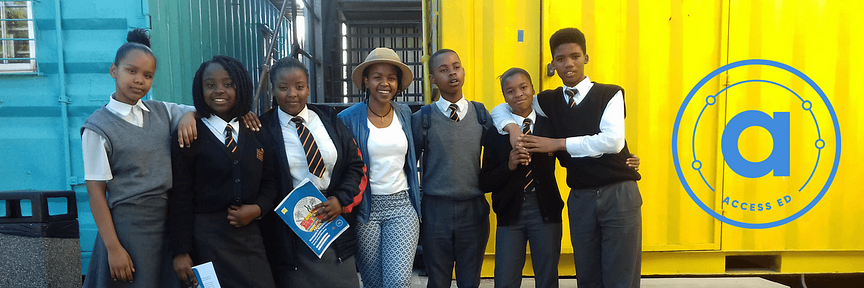Higher education can change what's possible for a young person, driving social and economic growth for a country as well as for that individual. However, we also know that gaining access to higher education especially the elite institutions is heavily connected to socio-economic background, which is why we use our model to create extra enrichment and support for the students who need it the most.
AccessEd seeks to tackle the problem of unequal access to higher education by supporting local partners to design and pilot new university access programmes. These programmes adapt and implement our approach to building a linking programme for universities, mobilising their research (PhD, post-doctorate) communities to share their academic expertise with schools and build their capacity to keep the solution suited to the needs of young people in their area. Tutors work with small groups of students to support them on their journey to higher education.
PhD researchers are uniquely placed to help young people develop the knowledge, skills and confidence needed to access higher education. This model grew out of the UK education system and started with The Brilliant Club, which places PhD tutors and trained teachers in schools.
AccessEd exists to unlock the potential of PhD researchers and university expertise across the world to support young people from under-represented backgrounds access university.
We currently incubate university access programmes in five countries. These local programmes belong to the AccessEd global network which exists to connect university access innovations, share best practice between universities and schools, and advocate for our mission globally.



